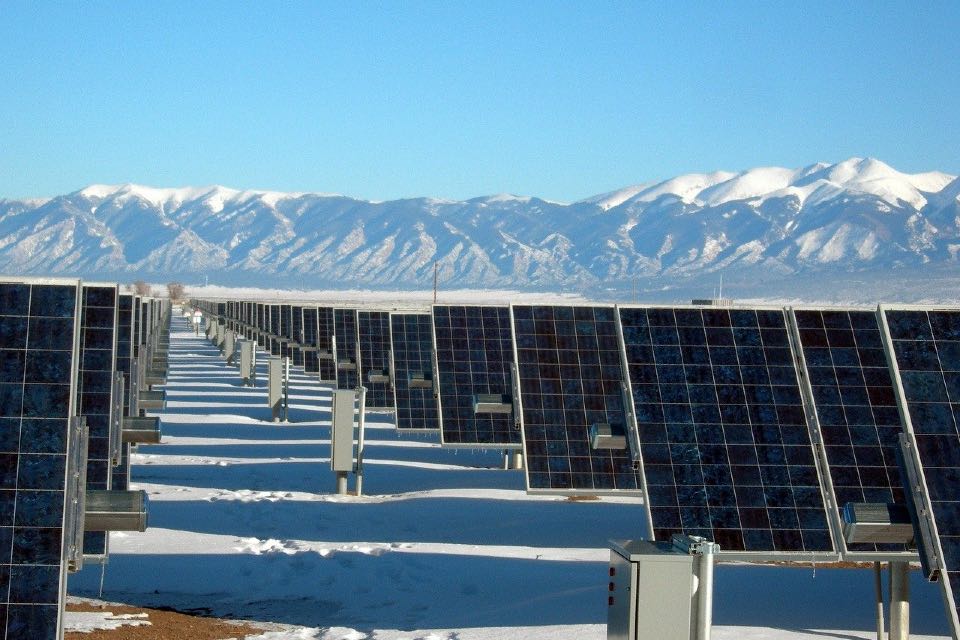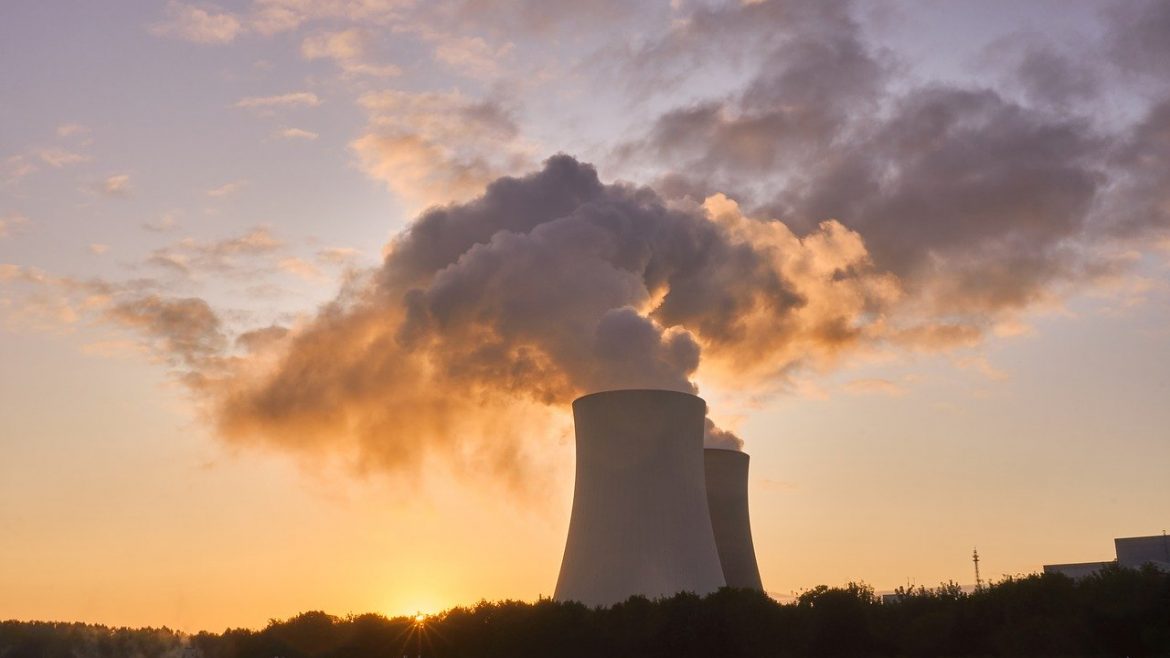IEA and B20 call on the G20 to accelerate clean energy transitions
https://energymanagementsummit.co.uk/wp-content/uploads/2020/09/Clean-Energy.jpg 960 640 Stuart O'Brien Stuart O'Brien https://secure.gravatar.com/avatar/81af0597d5c9bfe2231f1397b411745a?s=96&d=mm&r=gThe Business 20 (B20) and the International Energy Agency (IEA) have issued a Joint Statement calling on G20 leaders to accelerate clean energy transitions for a resilient recovery, coinciding with a series of G20 Ministerial meetings involving ministers of environment and energy.
The Covid-19 pandemic has led to a historic, yet temporary, decline in energy demand and energy-related greenhouse-gas emissions – according to the IEA, global CO2 emissions are expected to be about 8% lower in 2020 than they were in 2019.
However, the pandemic also threatens the pace and scope of energy transitions, with a 20% decline in global energy investments in 2020 according to the same organisation. It says that between now and 2050, $3.5 trillion of annual energy investments are required globally across all energy sectors to meet the targets for a sustainable path, in line with the UN Sustainable Development Goals and the Paris Agreement.
As the world economy and energy systems recover from the crisis, the IEA and B20 assert that G20 Members have a unique opportunity to enact policies that prevent a rebound of CO2 emissions and support a sustainable recovery, while boosting growth and creating new green jobs.
The Joint Statement recommends specific and pragmatic policy options that could spur the much needed investment cycle if G20 countries, namely:
- accelerate the deployment of existing low-emissions and emissions-neutral technologies, and boost innovation in crucial technology areas including hydrogen, batteries, and carbon capture utilization and storage;
- enhance energy market stability by improving global energy data transparency and evaluating energy market risks;
- take necessary steps to secure energy systems and provide access to affordable and uninterrupted flow of clean energy for all;
- implement energy pricing and tax reforms, using the revenues to finance a just transition.
Yousef Al-Benyan, Chair of B20, said, “The COVID-19 pandemic with historically low energy prices is a unique opportunity for governments to enact policies that steer their clean energy transitions at low financial, political and social cost.”
Dr Fatih Birol, Executive Director of the IEA, added: “Mobilising the critical investments for meeting international energy and climate goals requires a grand coalition spanning governments, companies, investors and citizens. The IEA is pleased to work with the G20 and B20 to accelerate the major deployment of clean energy technologies that we need to build more sustainable and resilient energy systems. Despite the challenges we face from the Covid-19 crisis, stronger clean energy actions and ambitions from a growing number of governments and companies around the world make me increasingly optimistic for the future.”





